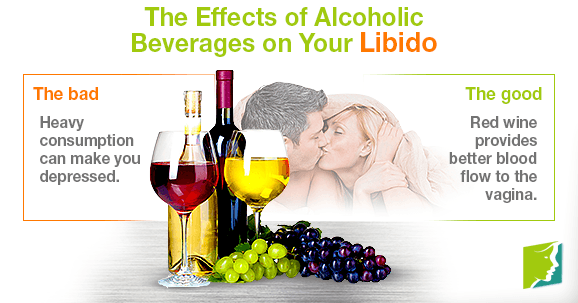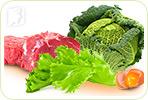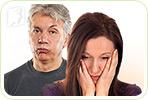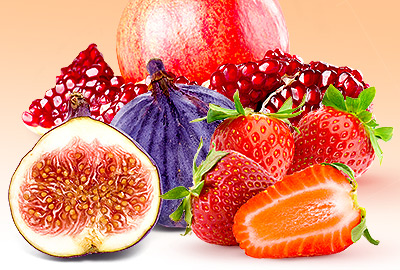Loss of libido is a very common symptom of menopause that can be frustrating to deal with. Sex hormone levels are lower, and you just do not have the drive necessary to get in the mood. This will include decreased blood flow to the vaginal region, decreased lubrication, and even thinning vaginal walls.The lack of intimacy with your partner can make you feel depressed and lower your self-esteem, which will only decrease your chances of arousal. While alcohol seems like an easy solution, it is not quite that simple.
The Good
Moderate alcohol consumption, as studies in Finland confirm, does indeed boost sex drive in women. After drinking, women experience a dramatic rise in testosterone, which can make it much easier and likely for them to become aroused.
Other research specifically attributes the abilities of red wine to increase libido. Italian doctors conducted a study with 800 women. The women who consumed one to two glasses of red wine daily had higher sexual desire. Even more telling was the fact that older women were the red wine drinkers, yet sexuality is typically higher among younger women. The thought is that red wine has chemical compounds and antioxidants to provide better blood flow to the vagina.
The Bad
The key word in consuming alcoholic beverages is moderation. While alcohol can make you feel great and sexy in the short term, long-term, heavy consumption is detrimental.
Pleasure, desire, and openness go up after a couple drinks, yet it actually decreases physiological arousal. Though you feel good, it can actually be more difficult for your body to perform necessary functions. In addition, after that spike of testosterone, levels of the hormone dramatically drop, which can make you angry, irritable, and stressed.
In the long run, heavy consumption of alcohol can lower testosterone levels further, disrupt estrogen levels, and make you depressed. This will result in a lowered sex drive.
The Alternatives
There are many reasons to limit alcohol consumption during menopause. One glass of red wine should not do any harm, but bear in mind its ability to trigger hot flashes as well as a potential mood swing episode.
There are safe alternatives for increasing sex drive during menopause, such as physical activity, like yoga and cardio; phytoestrogenic herbs, like black cohosh and red clover; and aphrodisiac foods, like dark chocolate and mango. Sipping the herbal teas, having a succulent mango, and exercising will prove most beneficial in the libido arena.
Be mindful next time you want to have a drink. Understanding the effects that it has on your libido will help you make wise decisions during menopause. Extremely limited alcohol intake should be okay, but do not depend on its temporary high to increase libido. It will pass and leave you less functional than you were during this sexually fickle transition.
Sources
- Beckman, L.J. & Ackerman, K.T. (1995). Women, Alcohol, and Sexuality. Recent developments in alcoholism, 12, 267-285. Retrieved from http://www.ncbi.nlm.nih.gov/pubmed/7624547
- Mondaini, N. et al. (2009). Regular moderate intake of red wine is linked to a better women's sexual health. The journal of sexual medicine, 6(10), 2772-2777. doi: 10.1111/j.1743-6109.2009.01393.x
- Office on Women's Health. (2010). Menopause and sexuality. Retrieved February 14, 2014, from womenshealth.gov/menopause/menopause-sexuality/
- Sarkola, T. et al. (2000). Acute effect of alcohol on androgens in premenopausal women. Alcohol and alcoholism, 35(1), 84-90. Retrieved from http://www.ncbi.nlm.nih.gov/pubmed/10684783




